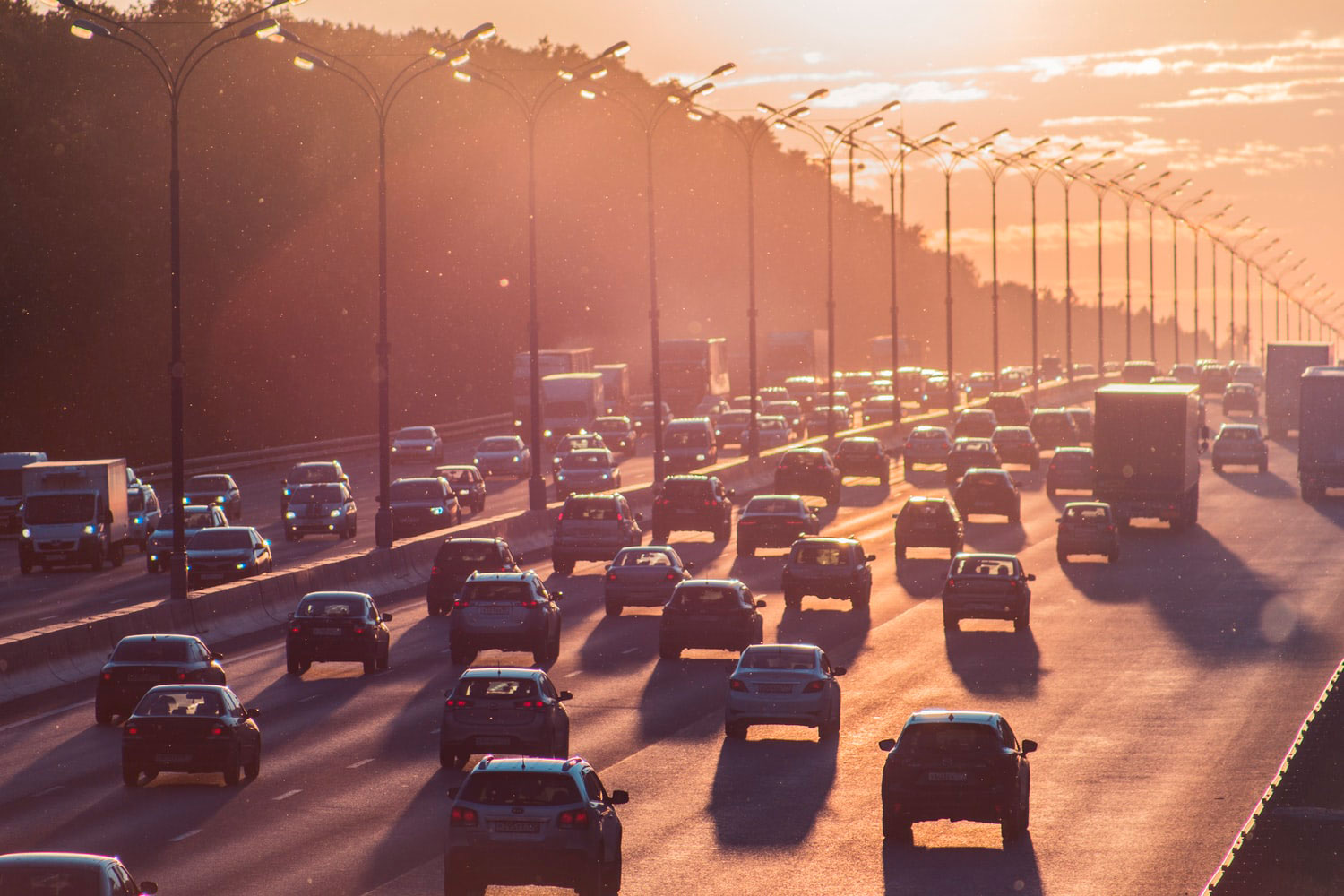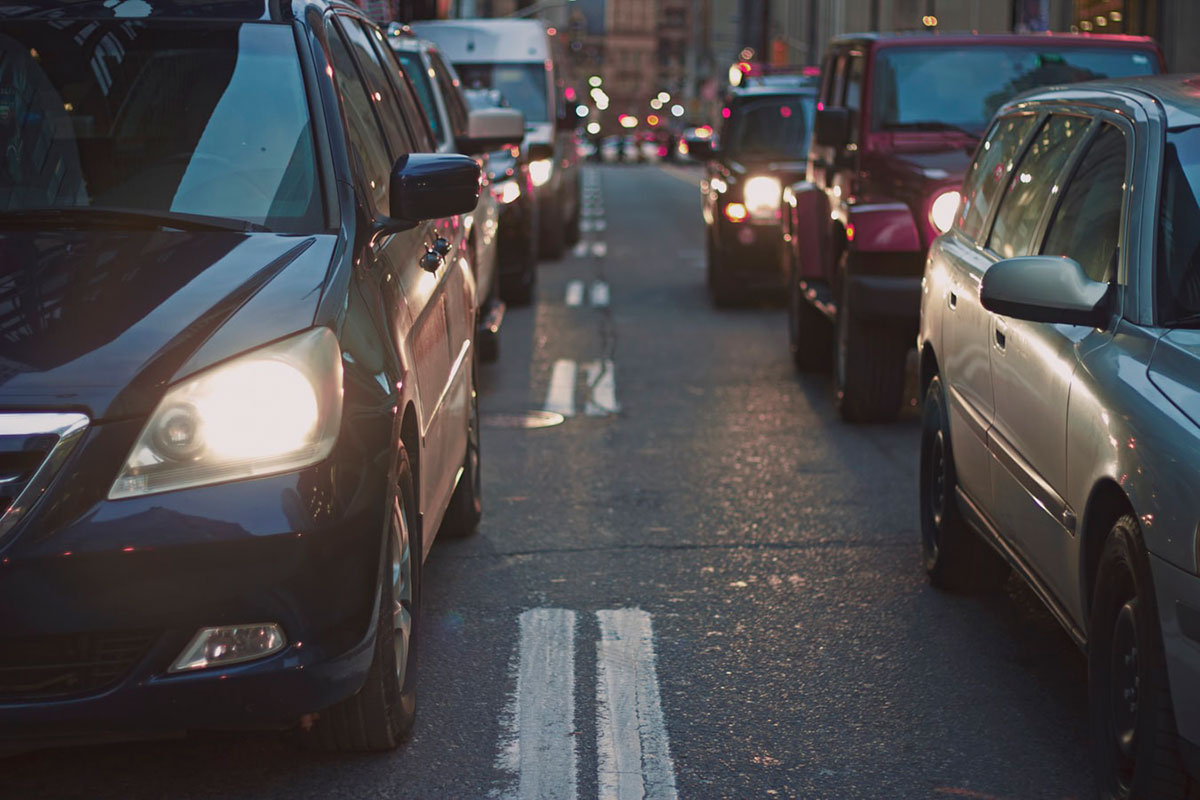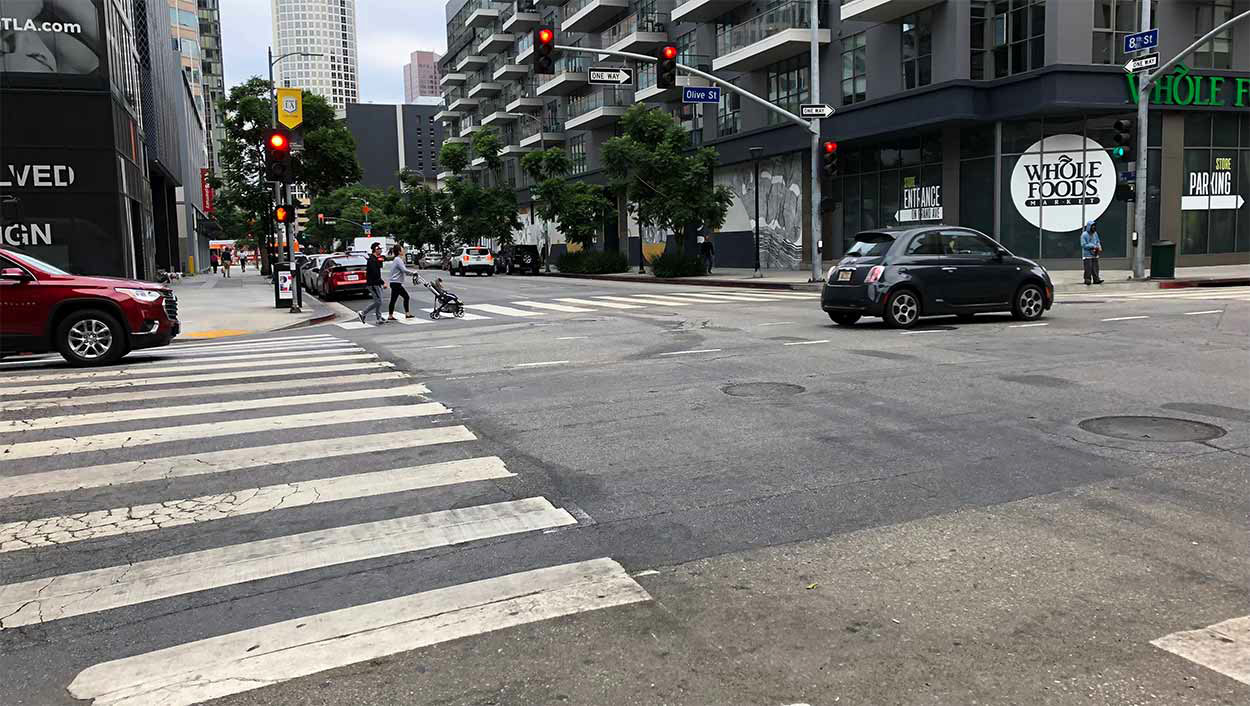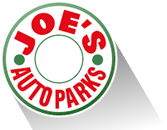
Congestion pricing is a strategy developed for cities that struggle with very high volumes of visitors, whether for work or tourism, to reduce the congested traffic of vehicles. Essentially, a city will create a toll fee for drivers who enter the city in a private car during peak hours of traffic, which is a plan to deter some of the drivers during those times.
Congestion pricing has already been established internationally, like across the pond in London. London first implemented the idea in 2003, so the city has created an example for others to learn from. The plan to reduce incoming traffic successfully lowered the number of vehicles driving into London by 15%, reducing the average commute into the city by about 30% (theconversation.com). While there were benefits from putting the plan into action, there were also some challenges and complaints.
In the US, several major cities that face severe challenges with traffic congestion have also turned to the consideration of congestion pricing as a potential solution. For example, in New York City, where it hardly makes sense to drive in Manhattan at all due to severe crowding on the roads. According to the New York Times, NYC plans to be the first US city to implement congestion prices in 2021.
San Francisco, Portland, Los Angeles, and other cities are also looking into the logistics involved in this plan. There are pushbacks and concerns from residents and visitors of these cities, but from an optimistic standpoint, congestion parking could create a game plan to provide a solution for significant issues in transportation.

Congestion pricing and parking in Los Angeles
What is the number one topic of conversation in Los Angeles? Traffic. Locals know to give themselves at least 30 minutes extra before heading towards LA proper since each freeway that surrounds the downtown area is marked red on phone maps during rush hour. The average commute in LA is 53.68 minutes, and the city has been ranked the #1 most stressful commute in the US according to CBS LA. Those that choose to live in DTLA to avoid traffic-filled commutes still have to deal with congestion within the city from workers and tourism. With the growth of the population and traffic, the city has added new freeways and attempted to implement public transportation, but still, they face the same problems. The city of Los Angeles is now looking into the idea of congestion pricing as an alternative solution.
Once drivers finally enter downtown Los Angeles, parking is the following problem. With roads being over-crowded, parking only follows suit. Congestion pricing is also an option for parking lots and garages, where parking rates would also increase during periods where demand is high, in hopes to create more available spots. Fortunately, there are companies like Joe’s Auto Parks that lead the industry with opportunities to develop new parking solutions. Stay connected with Joe’s Auto Parks on Facebook and online at JoesAutoParks.com to stay up to date with parking in the DTLA area and to find the best parking locations.
Of course, there are other factors to consider, like the financial and logistical challenges for the drivers. In London, taxis are exempt from the additional fee, but how will this look in LA? Would rideshares like Uber or Lyft, which were expected to reduce congestion but actually add to it during peak hours, have to bear the cost? (theconversation.com) The NY Times brings up other vehicles that could be exempt, like motorcycles, green cars, and carpools. Stockholm, another city that has already switched to congestion prices, offers an alternative structure. There, congestion pricing takes into account where the driver travels within downtown, and the length of time spent there with a maximum fee cap.

How DTLA will benefit from congestion pricing
With vehicle density reduced, traffic and gridlock will also decrease. People should be able to predict their commute time more accurately and waste fewer minutes or hours of their days in their car. Congestion pricing is also a strategy that thinks ahead into the future of transportation, which is the future of automated vehicles. Supporters of congestion pricing predict that automated vehicles will only add to traffic, with a high volume of empty cars driving around the city. Putting a fee on this could be a possible solution before the problem even arises (theverge.com).
From an environmental perspective, congestion pricing may offer a sustainable alternative to a ton of idling vehicles in and around DTLA, which will result in lower emissions and reduce the infamous LA smog.Fewer cars on the road will also offer more road space for cyclists and other “green” modes of transportation, like electric scooters or walking.
Fewer commuters and tourists coming into the city in private vehicles could encourage the use of existing public transportation and the development of new methods of public transport. This is an area that Los Angeles has a lot of room to grow. Apparently, the Los Angeles County Metropolitan Transportation Authority has already claimed that the revenue generated from the congestion pricing fees will go to funding for new plans of transportation (theverge.com). With the financial concerns from drivers about congestion pricing, the idea of more accessible public transit could also reduce their current costs from high gas prices to a lower public transportation fee.
Potential for Relief
With all things to consider, the plan has the potential to relieve some of the traffic in the downtown Los Angeles area for locals and visitors when there are not many alternative solutions.


Comments are closed.